Land that dream job: What questions are asked in an interview at Admiral?
Job interviews can feel a little daunting, but with the right preparaton, they become an exciting opportunity to shine. Whether you're new to interviews or just brushing up, knowing what questions are asked in an interview and how to answer them can help you feel more confident, calm and ready to make your mark.
At Admiral, we believe in creating a welcoming environment where candidates feel supported and free to be their authentic selves. In this blog post, we’ve provided some valuable tips and strategies to help you master the art of answering frequently asked interview questions, increasing your chances of landing that dream job and experiencing life at Admiral.
What questions will I be asked in an interview?
While every interview is slightly different, there are some common interview questions you're likely to encounter, especially during interviews at Admiral. Here's how to approach them.
"Tell us about yourself."
This is a chance to explain your previous roles, education, hobbies and interests and don't be afraid to elaborate with details. We want to know what these experiences have taught you. Expand on how you can use what you’ve learnt in the working environment but be mindful not to overshare. Always keep it professional!
"What are your weaknesses?"
Pick a weakness relevant to the role you have applied for. Make sure to explain what you have done/are doing to improve in this area. Some people think picking a strength and spinning it to seem like a weakness will come across better, but it doesn’t always feel genuine and can insinuate you are not self-aware. It’s ok to be honest – none of us are the finished article!
What are your strengths?"
Pick strengths that are relevant to the role and provide examples to support your answer. Read the job advert thoroughly beforehand and familiarise yourself with essential and desirable skills – this will help to ensure you’re showcasing the skills the hiring manager is looking for.
"What do you consider to be your greatest achievement?"
If the interviewers don’t specifically ask for a ‘professional’ example, it’s OK to draw from personal experience, however, you should always make sure you’re able to relate it back to the role you are applying for. The main thing to cover here is why you are proud of this achievement, what it taught you and how it has prepared you for this role.
"Why do you want this job?"
Show off your knowledge! The interviewer will want to know that you’ve researched both the role and the company. You should know a fair bit about the role you’ve applied for – read the job advert, visit the career site and follow the company pages on social media platforms. Explain what attracted you to this position. You may wish to talk about the company benefits, the working environment, the opportunities and why you think you’ll be successful.
"Where do you see yourself in five years?"
Be honest and realistic if asked this question. If you want to progress that’s great, but suggesting you want to be the CEO within a few years might be unrealistic. Think about the opportunities available to you in this role, whether it's a graduate role or someting more permanenet. Not only will this show you’ve done your research, but it will also show that you are willing to work hard and are keen to progress. If progression is not for you, that’s also fine. You should explain how you plan to continue to do a great job and all the skills you have that will enable you to do this.
"Why do you want to leave your current job?"
Be honest and professional here, even if things aren't going well in your current position. It's important that you're diplomatic in your answer - don’t forget you’re in an interview! You may want to use this question as an opportunity to talk about the new role and why you are excited about the prospect of joining this company.
"Why should we hire you?"
This is your chance to set yourself apart from other applicants. It’s tough to compare yourself to strangers but use this opportunity to talk about your strong work ethic, relevant skills, passion for the role and how you fit into the department. Expand upon your answer and provide examples – this is usually one of the last questions in an interview and you don’t want to miss out on this last chance to impress the interviewers.
"Do you have any questions?"
Lots of people think they must ask a question at the end of an interview, but if the interviewers have been comprehensive in their explanation, or there have been opportunities to ask questions throughout the interview, you might not have any left at the end. This is fine - don’t feel like you must think of something, but equally, make the most of this opportunity to discuss or clarify anything you’re unsure about.
Here are some of the questions we regularly get asked at the end of an interview
- What do you like most about working for Admiral?
- Would you like me to expand upon any of my answers or examples?
- Are there opportunities for training and development in this role/department?
- What would you say are the most challenging aspects of this role?
- What are the next steps of the process?
Ready to land that dream job?
Interviews aren't just about answering questions, they're about making a connection. By preparing well and aligning your answers with what matters most to you, you'll set yourself up for success.
Whether you're applying for your first role or your fifth, understanding how to answer common interview question will have you ready for a great future at Admiral.







